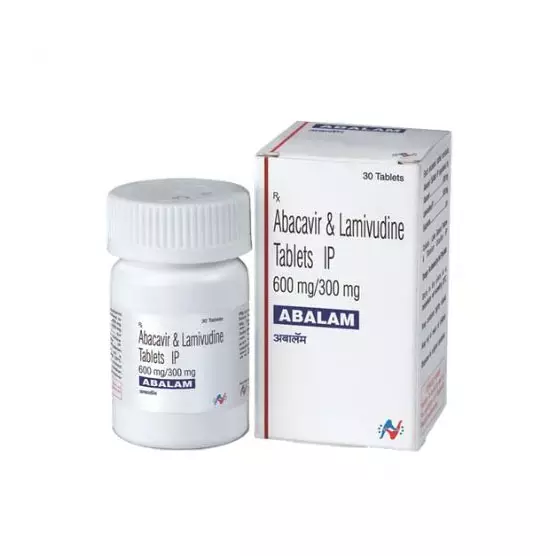Human Immunodeficiency Virus (HIV) continues to be a significant global health issue, but advancements in medicine have led to effective treatments that allow individuals to live long, healthy lives. This blog will delve into the various HIV medications, covering their prices, uses, dosages, and potential side effects.Hepatitis C medicine, hepatitis medicine, medicine for hepatitis b, HCV medicine, medicine for hepatitis a, medicine for HCV positive, hepatitis b virus medicine, hepatitis b best medicine, medicine to cure hepatitis, hepatitis b medication list
Understanding HIV and Its Treatment
HIV attacks the immune system, specifically targeting CD4 cells (T cells), which are crucial for fighting infections. Without treatment, HIV can lead to Acquired Immunodeficiency Syndrome (AIDS), a condition that severely weakens the immune system. Fortunately, antiretroviral therapy (ART) can help manage HIV effectively.

Common Types of HIV Medicines
HIV medications are categorized into several classes, each targeting the virus in different ways. Here are some of the most commonly used classes and examples of medications within those classes:
- NRTIs (Nucleoside Reverse Transcriptase Inhibitors)
- Examples:
- Zidovudine (Retrovir)
- Emtricitabine (Emtriva)
- Price: Typically ranges from $100 to $1,500 per month, depending on the specific medication and insurance coverage.
- Uses: Inhibit the reverse transcriptase enzyme, preventing the virus from replicating.
- Examples:
- NNRTIs (Non-Nucleoside Reverse Transcriptase Inhibitors)
- Examples:
- Efavirenz (Sustiva)
- Rilpivirine (Edurant)
- Price: Generally between $300 to $800 per month.
- Uses: Bind to and inhibit the reverse transcriptase enzyme, stopping viral replication.
- Examples:
- PIs (Protease Inhibitors)
- Examples:
- Lopinavir/ritonavir (Kaletra)
- Atazanavir (Reyataz)
- Price: Ranges from $200 to $2,000 per month.
- Uses: Inhibit the protease enzyme, preventing the virus from maturing and becoming infectious.
- Examples:
- Integrase Inhibitors
- Examples:
- Raltegravir (Isentress)
- Dolutegravir (Tivicay)
- Price: Generally varies from $700 to $2,500 per month.
- Uses: Block the integrase enzyme, preventing viral DNA from integrating into the host's DNA.
- Examples:
- Entry Inhibitors
- Examples:
- Maraviroc (Selzentry)
- Enfuvirtide (Fuzeon)
- Price: Can be $1,000 to $3,000 per month.
- Uses: Prevent the virus from entering the host's cells.
- Examples:
Dosages
Dosages for HIV medications can vary based on the specific drug, the patient's health status, and the treatment regimen prescribed by a healthcare provider. Here are some general dosage recommendations:
- Zidovudine: Typically 300 mg taken twice daily.
- Emtricitabine: Usually 200 mg taken once daily.
- Efavirenz: Commonly prescribed at 600 mg taken once daily.
- Lopinavir/ritonavir: Generally 400 mg/100 mg taken twice daily.
It is crucial to follow the prescribing physician's guidance for specific dosages and adjustments.
Side Effects
While HIV medications are effective, they can also have side effects, which vary depending on the class of medication. Some common side effects include:
- NRTIs: Nausea, headache, fatigue, and risk of lactic acidosis.
- NNRTIs: Rash, dizziness, and liver enzyme elevation.
- PIs: Diarrhea, nausea, and increased cholesterol levels.
- Integrase Inhibitors: Insomnia, headache, and gastrointestinal issues.
- Entry Inhibitors: Injection site reactions (for enfuvirtide) and cough (for maraviroc).
It is essential to discuss any concerning side effects with a healthcare provider, who can offer guidance and potential adjustments to the treatment plan.Hepatitis C medicine, hepatitis medicine, medicine for hepatitis b, HCV medicine, medicine for hepatitis a, medicine for HCV positive, hepatitis b virus medicine, hepatitis b best medicine, medicine to cure hepatitis, hepatitis b medication list
Conclusion
HIV medicine has transformed the lives of millions by effectively managing the virus and allowing individuals to lead healthy lives. Understanding the range of medications available, their uses, dosages, and potential side effects is vital for anyone living with HIV or supporting someone who is. If you or a loved one is navigating HIV treatment, always consult with a healthcare professional for personalized advice and support.Feel free to share your experiences or questions in the comments below!





